President Ruto Signs Finance Bill 2025 Into Law
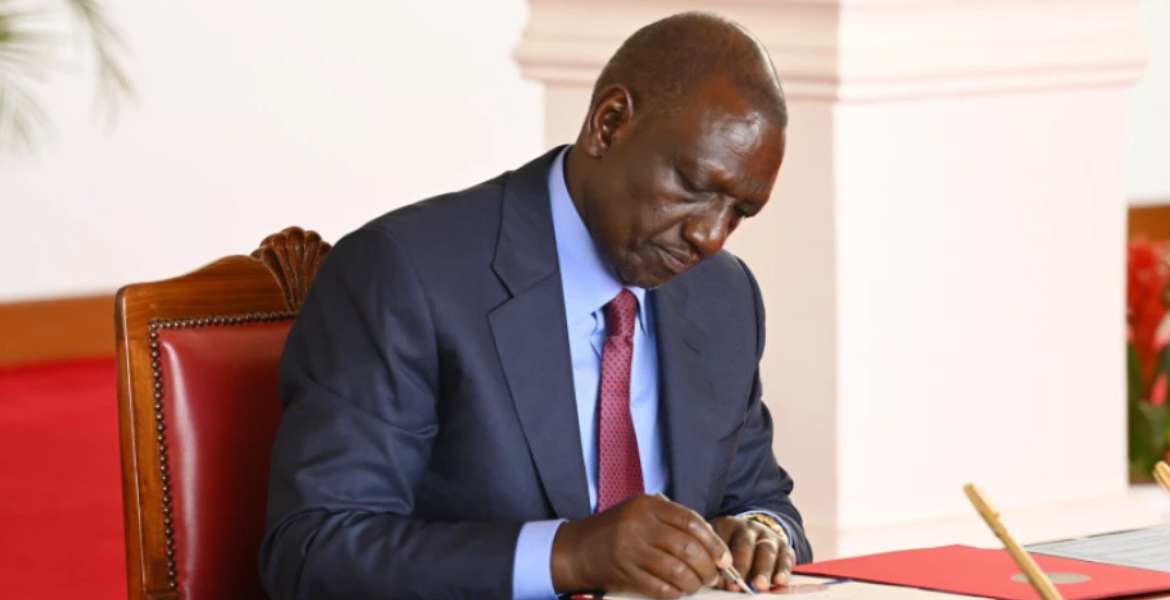
President William Ruto has signed three pivotal financial bills into law, authorising a record Sh4.2 trillion budget for the 2025/2026 financial year.
The signing ceremony, held at State House Nairobi, formalises the Finance Bill 2025, the Appropriations Bill 2025, and the Supplementary Appropriation Bill 2025, marking a significant step in the government's economic agenda. The centrepiece of this legislative package, the Finance Bill, introduces extensive amendments to Kenya's tax framework. These adjustments span the Income Tax Act, Value Added Tax Act, Excise Duty Act, Tax Procedures Act, Miscellaneous Fees and Levies Act, and Stamp Duty Act.
According to government officials, these reforms are essential to funding an ambitious budget that prioritises manufacturing, investment, and public sector development. A notable change within the Finance Bill is the proposed repeal of subsections (4) to (9A) of Section 8 of the Income Tax Act. This amendment removes tax deductions on retirement gratuities, thereby altering the pension landscape for private schemes and National Social Security Fund members.
Conversely, the bill seeks to broaden access to mortgage relief by removing the requirement that a property must be purchased to qualify. As a result, home builders utilising SACCOs or personal loans are now eligible for benefits.
While the bill incorporates tax reliefs, such as zero-rating essential commodities and shelving plans to broaden PAYE tax bands, it reaffirms the administration's dedication to enhancing domestic revenue mobilisation. In a decision welcomed by privacy advocates, lawmakers rejected a contentious clause that would have granted the tax authority broad access to personal data.
According to a Treasury official, "This package provides the necessary tools to stabilise revenue and offer predictability to investors. The changes are not merely about raising money---they are about refining how we raise it."
The Appropriations Bill details the planned expenditure of these revenues, granting the National Treasury authority to withdraw KSh1.88 trillion from the Consolidated Fund to finance services through to June 2026. Additionally, Ministries, Departments, and Agencies (MDAs) are authorised to utilise KSh671.99 billion as Appropriation-in-Aid, internally collected revenues earmarked for specific uses.
These allocations include KSh1.805 trillion for recurrent expenditure and KSh744.52 billion allocated to development projects, ensuring comprehensive funding for ongoing government priorities.
Education, health, agriculture, youth empowerment, and microenterprise financing are among the sectors slated for expanded investment. Government officials have termed these allocations as "critical enablers" of Kenya's economic renewal agenda. Budget and Appropriations Committee Chair Samuel Atandi, a co-sponsor of the legislation, stated that the spending plan reflects Parliament's effort to "strike a balance between fiscal discipline and responsive governance."
The legislative approvals follow a notably subdued debate in the National Assembly, where lawmakers made only minor amendments to the Finance Bill submitted by the National Treasury on 6 May. This contrasts sharply with the upheaval of the previous year, when the 2024 Finance Bill provoked mass demonstrations, compelling the Ruto administration into a partial retreat.
The unrest driven by youth activists casts a shadow over the current legislation. While this year's bill avoided similarly contentious clauses, its signing comes days after commemorative protests by Gen Z demonstrators disrupted parts of Nairobi. Although these protests lacked the intensity of the 2024 movement, they underscore ongoing anxieties about taxation, representation, and accountability. During the signing ceremony, which included senior lawmakers from both the Majority and Minority sides, President Ruto reaffirmed his administration's determination to press ahead.
National Assembly Speaker Moses Wetang'ula and Finance Committee Chair Kuria Kimani were among those present. For a government navigating the balance between fiscal ambition and social unrest, the enactment of these bills signifies both an achievement and a calculated risk. With more than four trillion shillings to deploy and public scrutiny still sharp, implementation will be as politically sensitive as it is economically consequential.

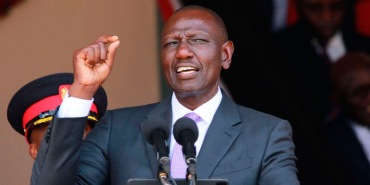
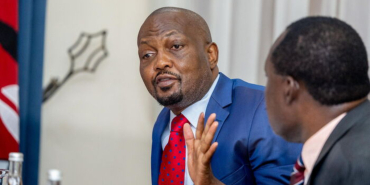
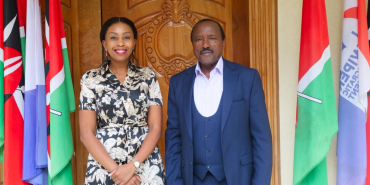


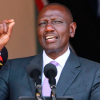

Add new comment